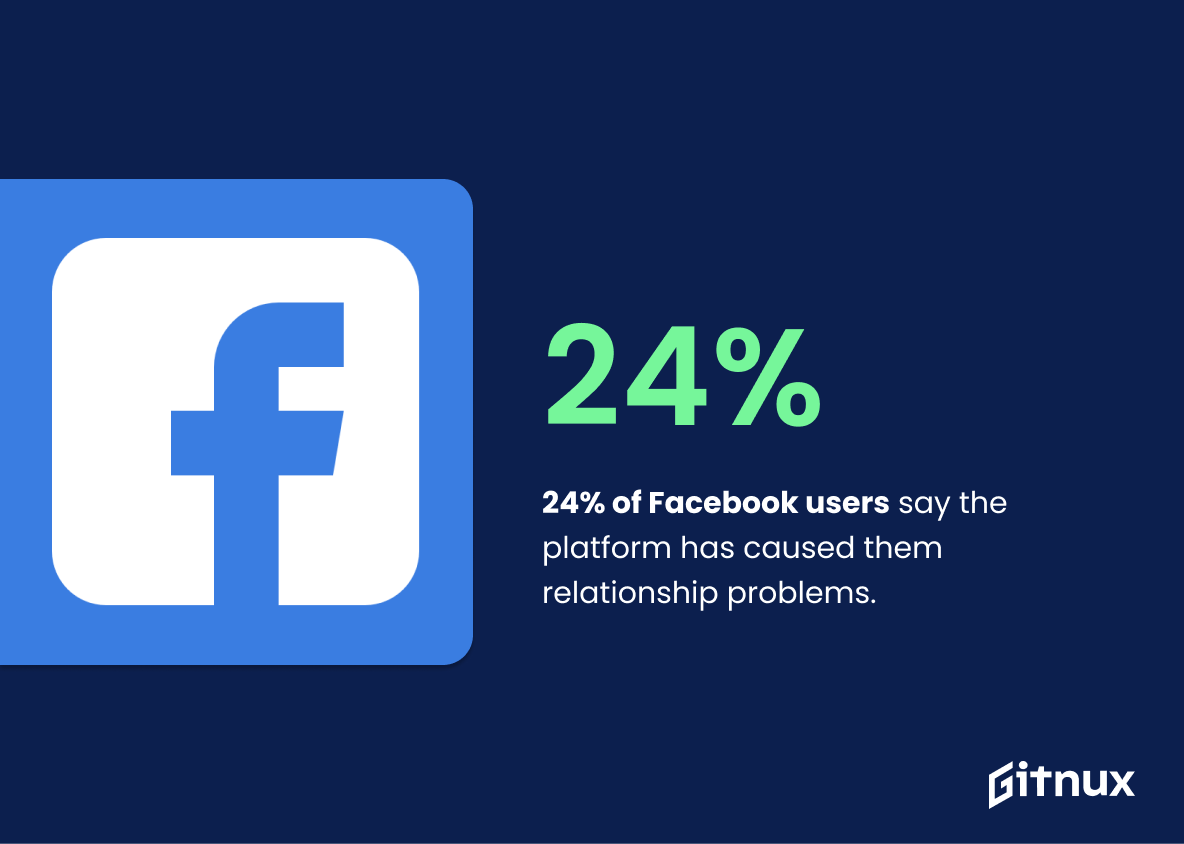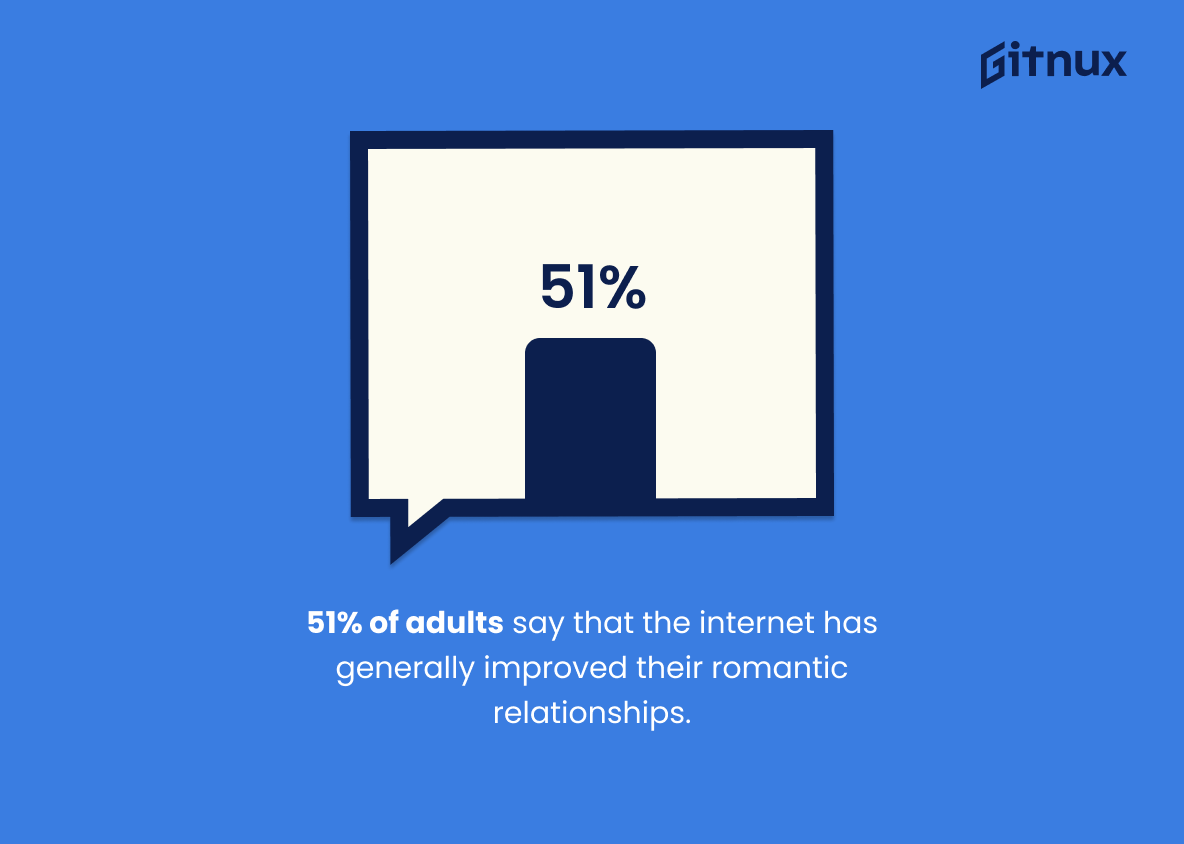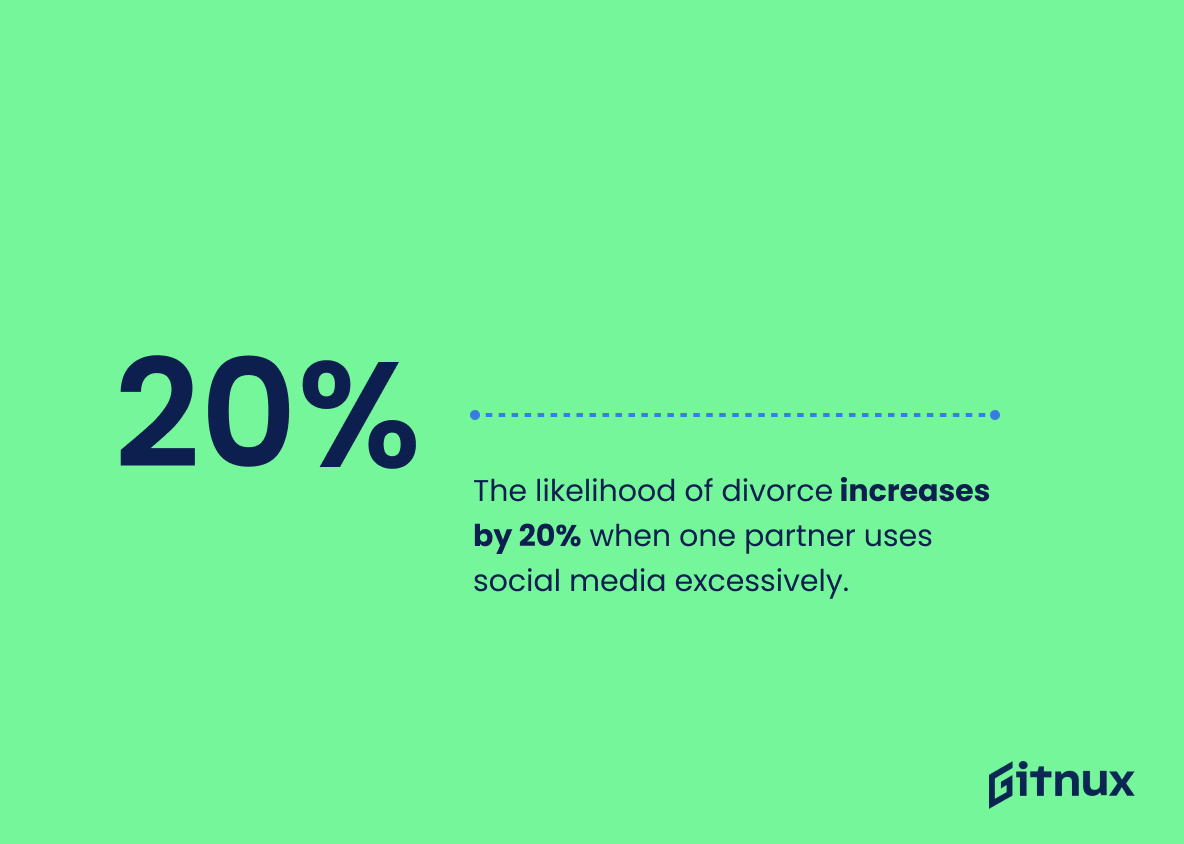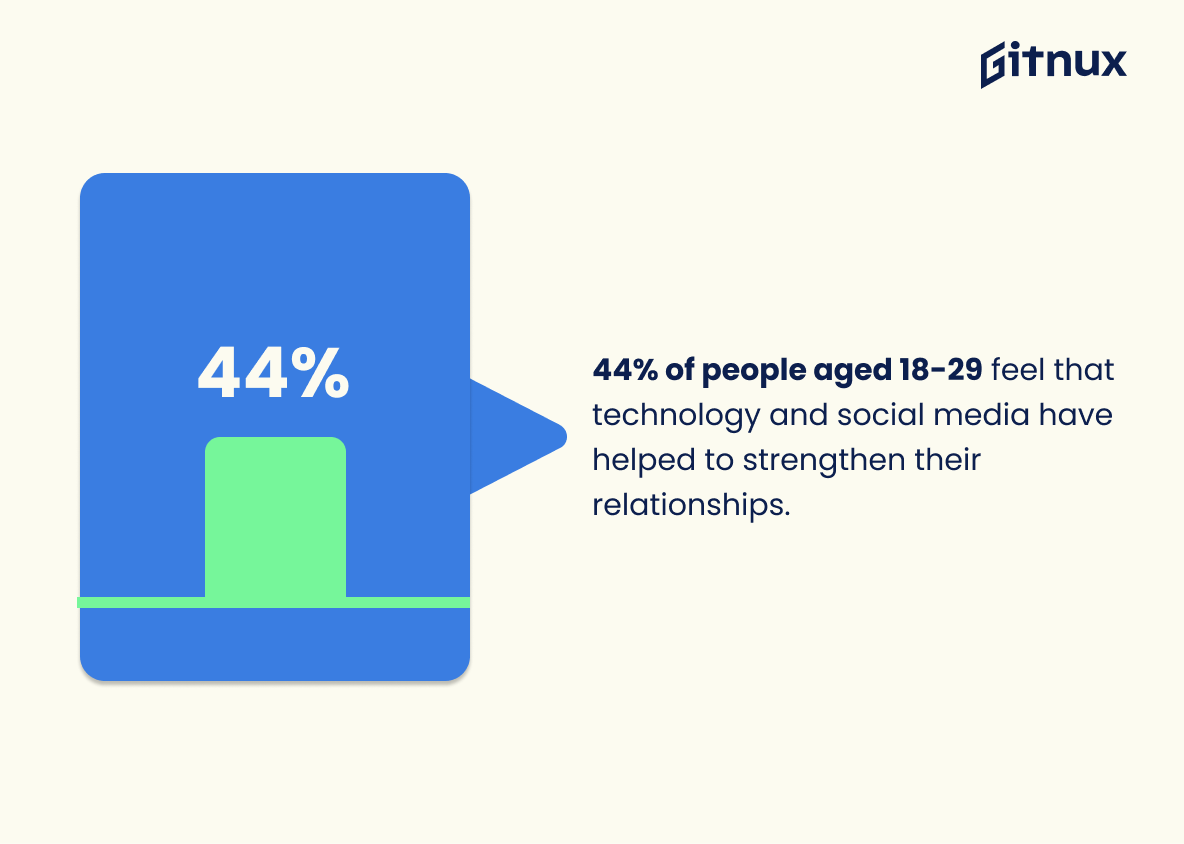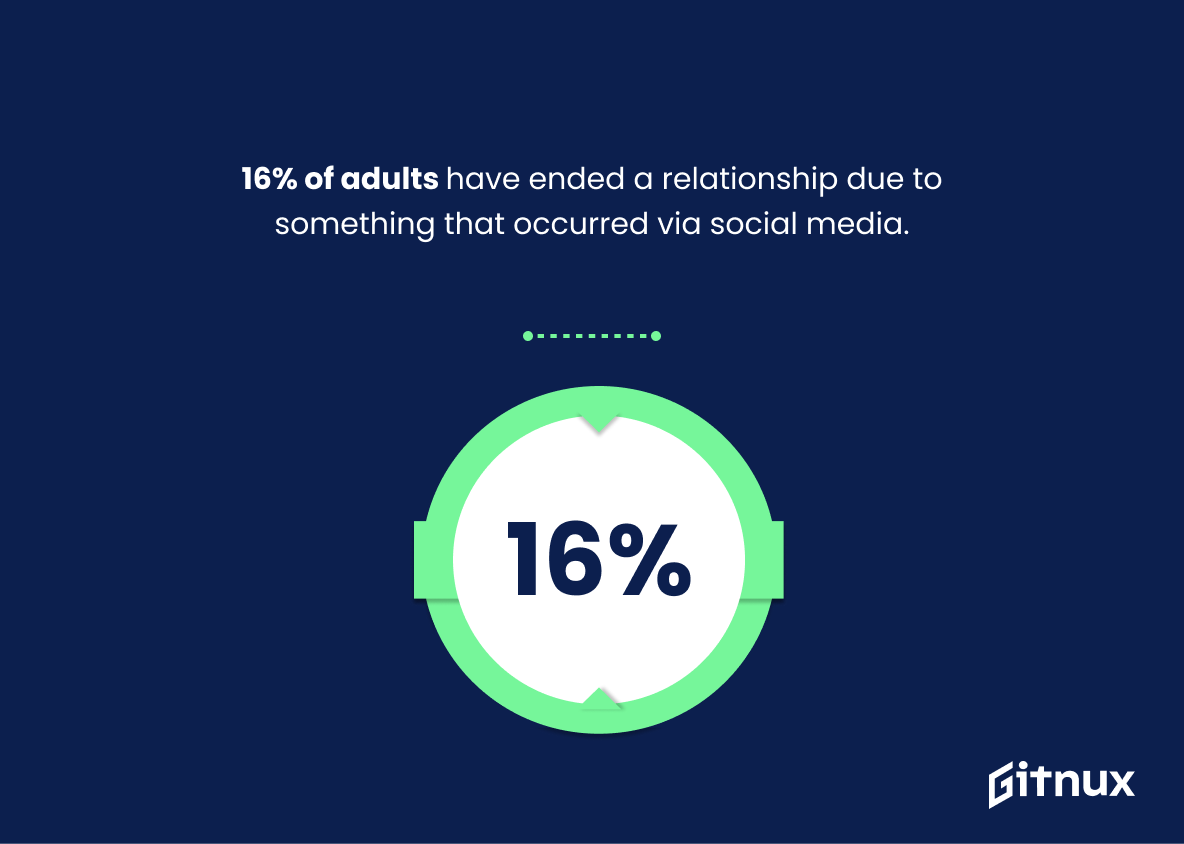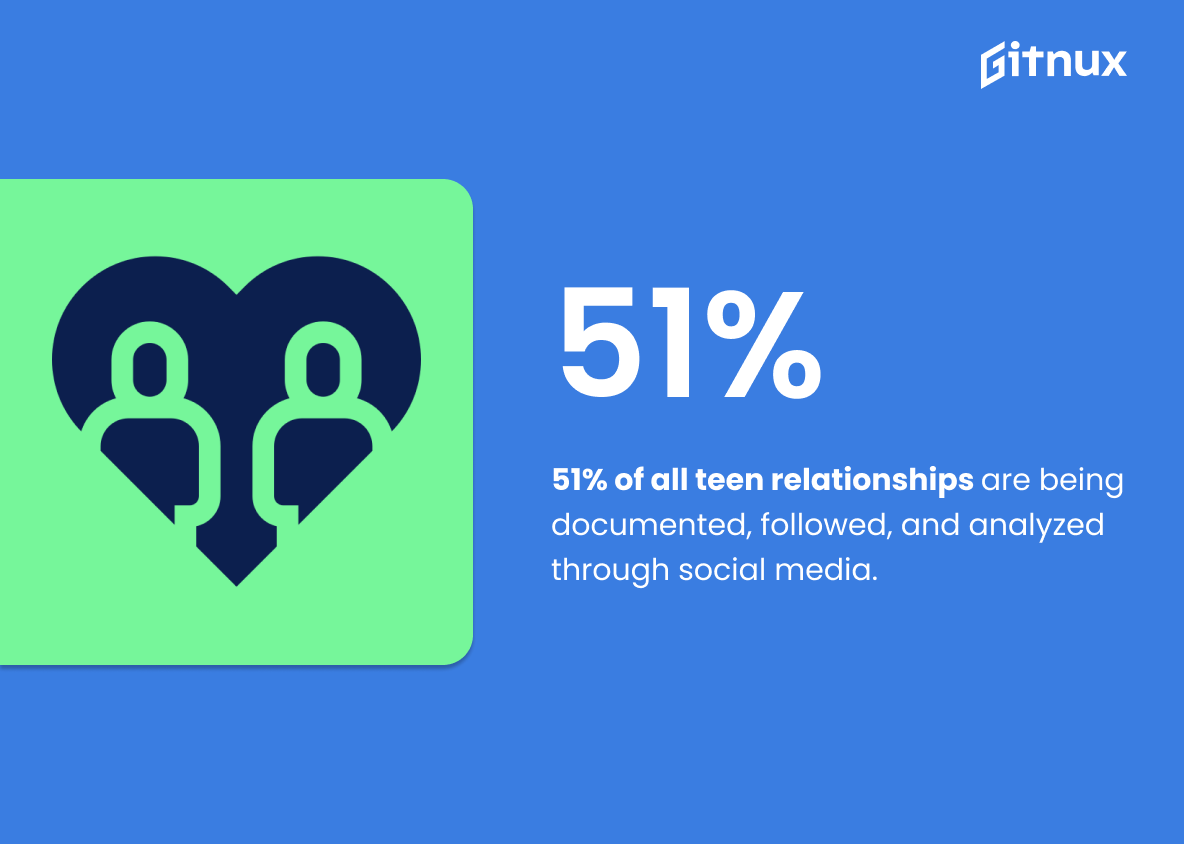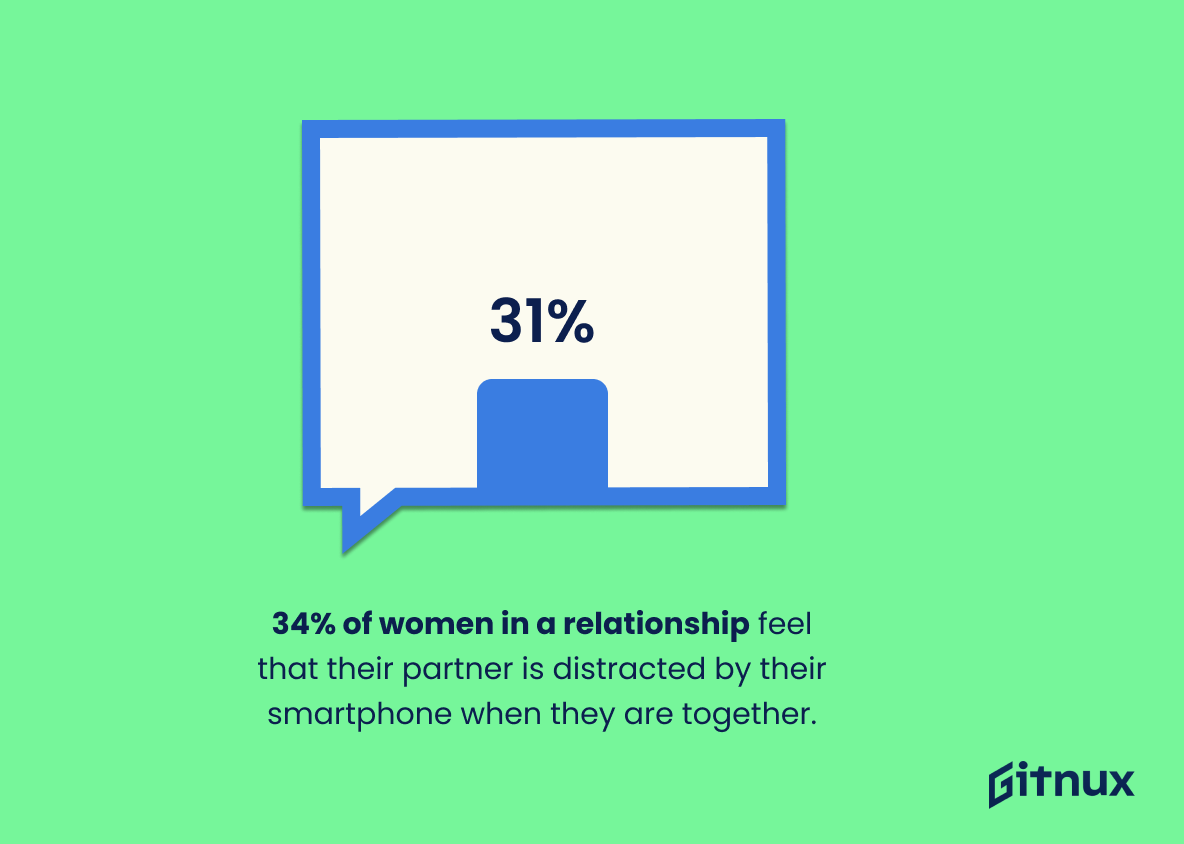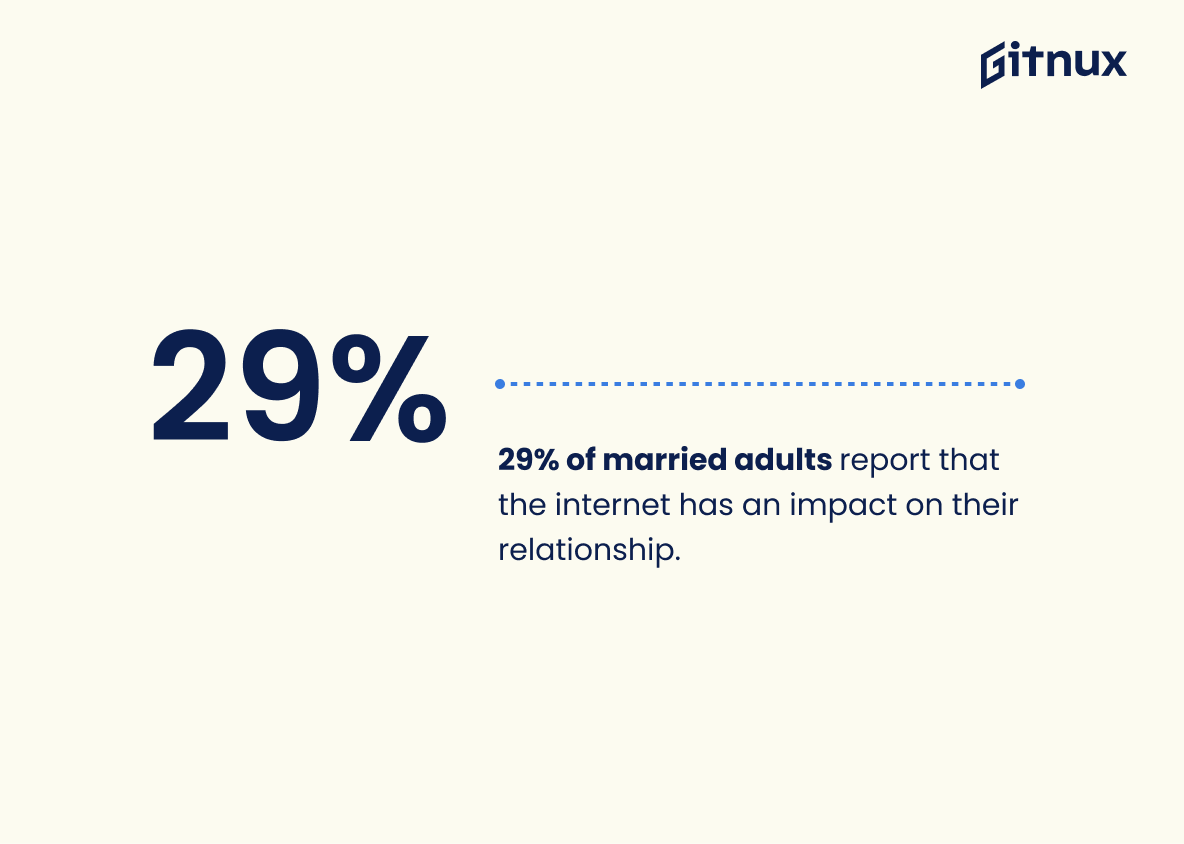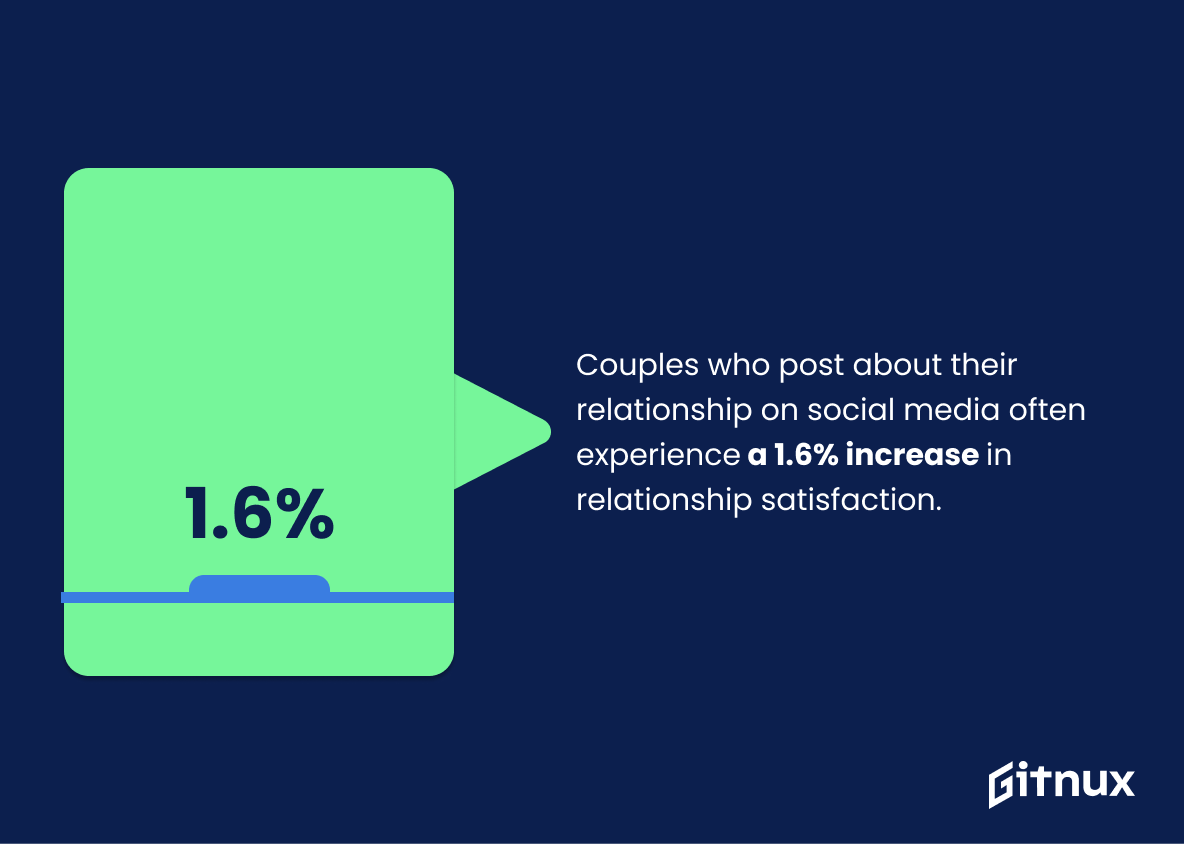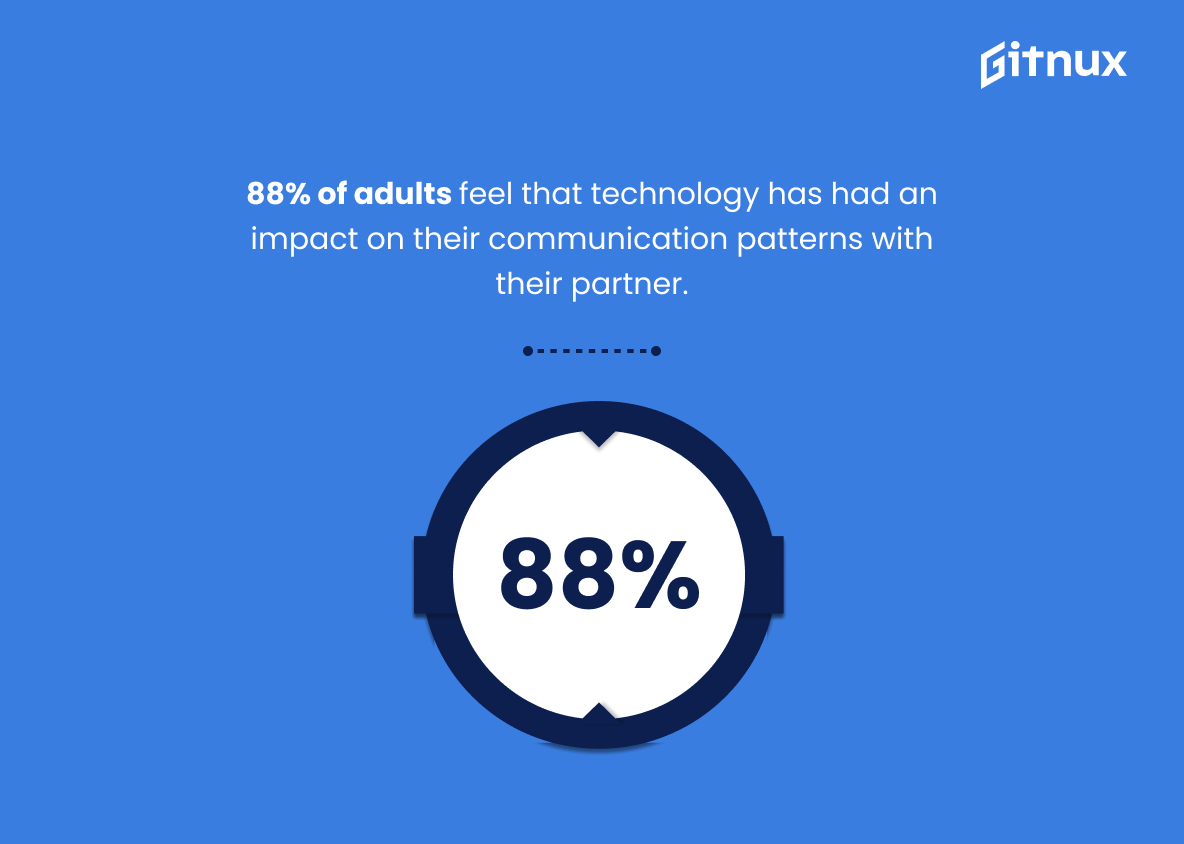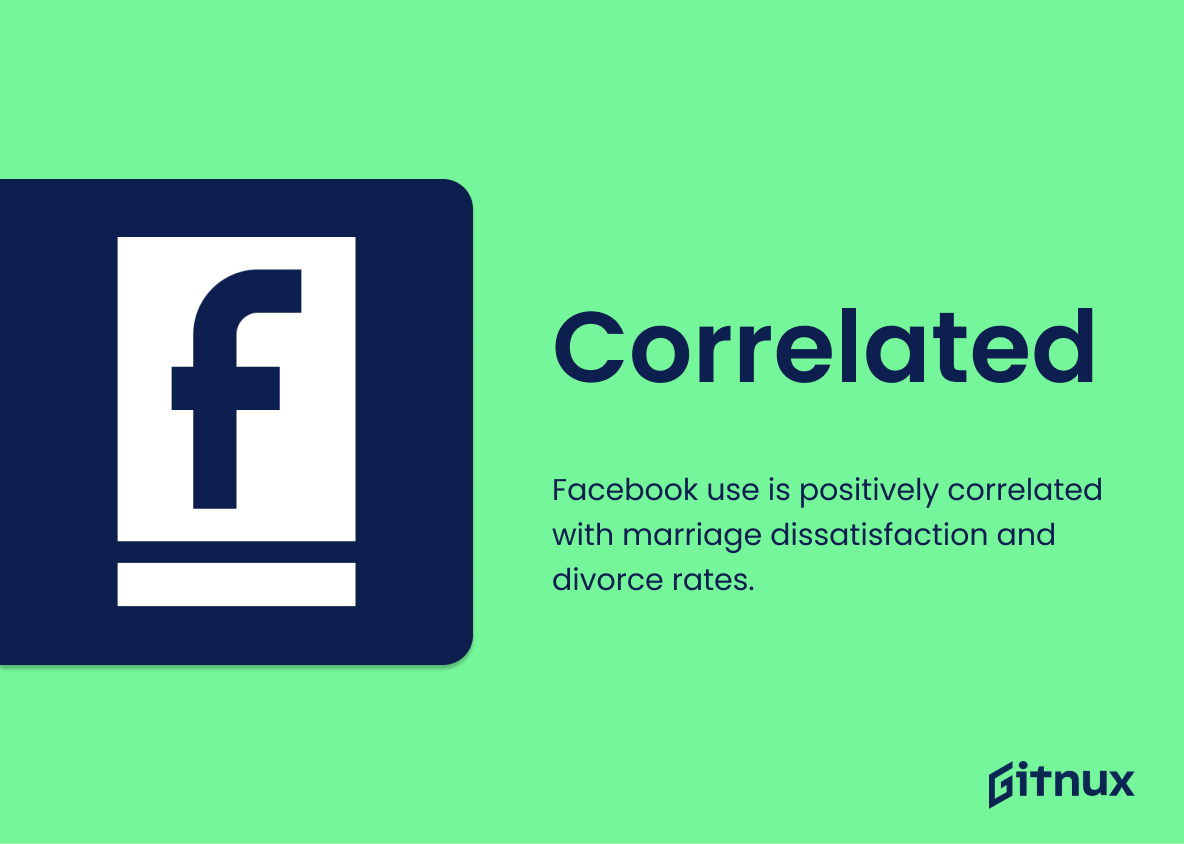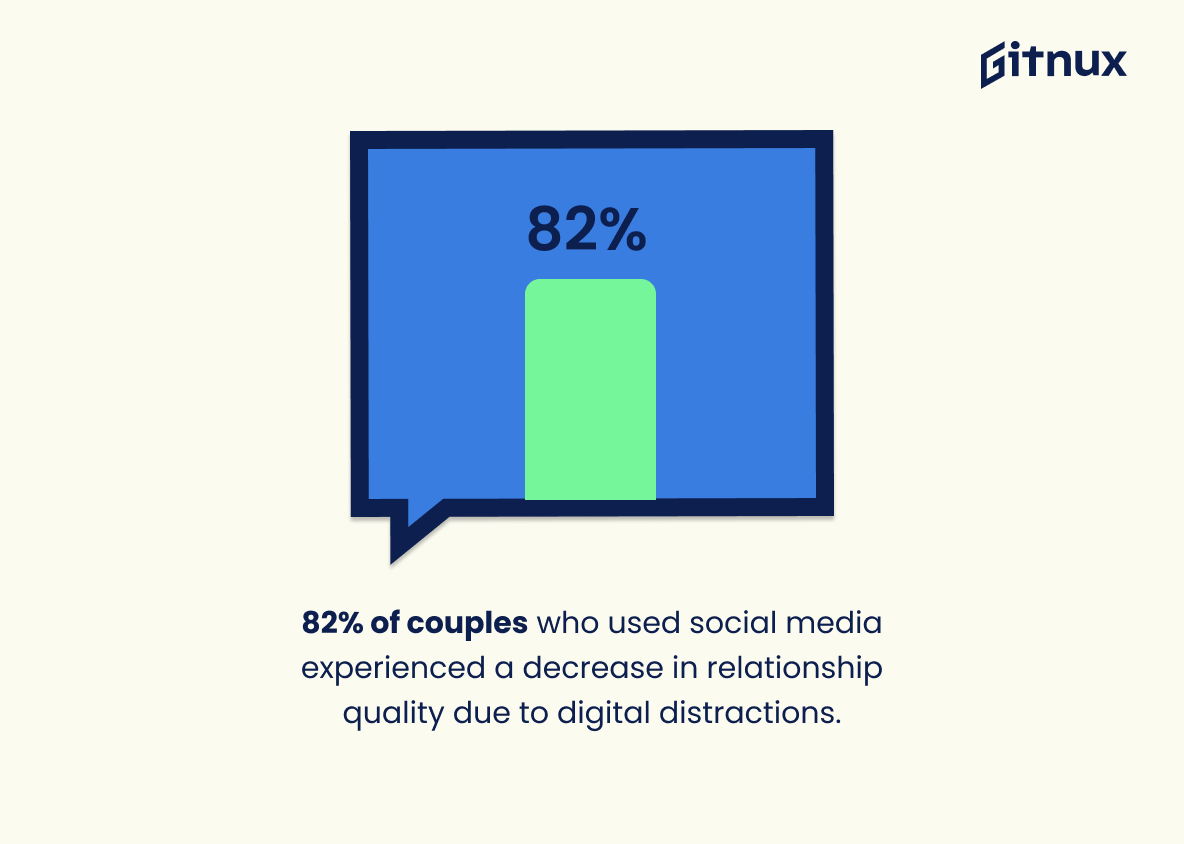Social media has become an integral part of our lives, and its effects on relationships are undeniable. From couples who post about their relationship online to those whose partners get distracted by their smartphones when they’re together, the impact of social media is far-reaching. In this blog post, we’ll explore 20 statistics that show how social media affects relationships in both positive and negative ways. We’ll look at how it can improve communication between partners or lead to feelings of jealousy and insecurity; whether it helps strengthen a couple’s bond or leads them towards divorce; as well as other insights into the role that technology plays in modern day romance. So let’s dive right in.
Social Media Effects On Relationships Statistics Overview
24% of Facebook users say the platform has caused them relationship problems.
This statistic serves as a stark reminder of the potential negative effects social media can have on relationships. It highlights the importance of being mindful of how much time is spent on social media and how it can impact relationships. It also serves as a warning to couples to be aware of the potential pitfalls of using social media and to take steps to ensure it does not become a source of conflict.
51% of adults say that the internet has generally improved their romantic relationships.
This statistic is a powerful indicator of how the internet has positively impacted romantic relationships. It shows that the majority of adults believe that the internet has had a beneficial effect on their relationships, which is an important point to consider when discussing the effects of social media on relationships.
The likelihood of divorce increases by 20% when one partner uses social media excessively.
This statistic is a stark reminder of the potential consequences of excessive social media use on relationships. It highlights the importance of maintaining a healthy balance between online and offline interactions, as too much time spent on social media can have a detrimental effect on the stability of a relationship. This statistic is a powerful reminder of the need to be mindful of how much time is spent on social media, and how it can impact relationships.
44% of people aged 18-29 feel that technology and social media have helped to strengthen their relationships.
This statistic is a powerful indicator of the positive impact that technology and social media have had on relationships. It shows that a significant portion of the population aged 18-29 have experienced the benefits of using these tools to strengthen their relationships. This statistic is important to consider when discussing the effects of social media on relationships, as it provides evidence that these tools can be used to bring people closer together.
16% of adults have ended a relationship due to something that occurred via social media.
This statistic is a stark reminder of the power of social media to disrupt relationships. It highlights the potential for social media to be a source of conflict and tension in relationships, and the need for couples to be mindful of how they use it. It also serves as a warning to those in relationships to be aware of the potential consequences of their actions on social media.
51% of all teen relationships are being documented, followed, and analyzed through social media.
This statistic is a telling indication of the power of social media in today’s relationships. It shows that the majority of teen relationships are being shaped and influenced by the presence of social media, which can have both positive and negative effects on the dynamics of the relationship. This statistic is important to consider when discussing the effects of social media on relationships, as it provides a clear picture of the prevalence of social media in teen relationships.
34% of women in a relationship feel that their partner is distracted by their smartphone when they are together.
This statistic serves as a stark reminder of the potential impact that smartphones can have on relationships. It highlights the fact that a significant portion of women in relationships feel that their partner’s attention is being diverted away from them due to their smartphone usage. This is an important statistic to consider when discussing the effects of social media on relationships, as it demonstrates the potential for technology to interfere with the connection between two people.
29% of married adults report that the internet has an impact on their relationship.
This statistic is a powerful indicator of the influence that the internet has on relationships. It shows that a significant portion of married adults are feeling the effects of social media on their relationship, whether it be positive or negative. This statistic is important to consider when discussing the effects of social media on relationships, as it provides a tangible example of how the internet can affect our relationships.
Couples who post about their relationship on social media often experience a 1.6% increase in relationship satisfaction.
This statistic is a powerful indicator of the positive effects that social media can have on relationships. It shows that couples who share their relationship on social media can experience a boost in satisfaction, suggesting that social media can be a valuable tool for strengthening relationships. This is an important statistic to consider when discussing the effects of social media on relationships, as it provides evidence that social media can be used to enhance relationships rather than detract from them.
88% of adults feel that technology has had an impact on their communication patterns with their partner.
This statistic is a powerful indicator of how technology has changed the way we communicate with our partners. It shows that the majority of adults recognize the influence of technology on their relationships, and that it has become an integral part of how we interact with each other. This statistic is important to consider when discussing the effects of social media on relationships, as it demonstrates the widespread impact that technology has had on our communication patterns.
Facebook use is positively correlated with marriage dissatisfaction and divorce rates.
This statistic serves as a stark reminder of the potential consequences of social media use on relationships. It highlights the importance of being mindful of how much time is spent on social media and how it can affect the quality of a marriage. It is a warning sign that couples should be aware of and take steps to ensure that social media does not become a source of conflict or dissatisfaction in their relationship.
82% of couples who used social media experienced a decrease in relationship quality due to digital distractions.
This statistic is a powerful indicator of the potential negative effects of social media on relationships. It shows that a large majority of couples who use social media have experienced a decrease in relationship quality due to digital distractions. This statistic is important to consider when discussing the impact of social media on relationships, as it highlights the potential for digital distractions to interfere with the quality of a relationship.
Conclusion
The statistics presented in this blog post demonstrate that social media can have both positive and negative effects on relationships. While 79% of users feel that it has improved their relationships, 69% of US adults use social media which could potentially affect their relationship negatively. Additionally, 40% of couples reported feeling jealous or insecure due to the presence of social media in their relationship while 24% said it caused them problems. Furthermore, 51% say the internet has generally improved romantic relationships but 16 % ended a relationship because something occurred via social media.
On the other hand, 44 % aged 18-29 felt technology and SM had helped strengthen their relations while 88 % admitted tech had an impact on communication patterns with partners; however 77 % believed SM distracted from connecting with partner & 82 % experienced decrease in quality due to digital distractions . Moreover 45%, 3 times more active Twitter users experience conflict & joint SM use leads to higher satisfaction levels (51%).
Overall these stats suggest that although there are some benefits associated with using Social Media for personal connections such as increased convenience and access to information about one’s partner , excessive usage may lead to decreased happiness/satisfaction levels within a couple’s relationship as well as feelings jealousy or insecurity among others .
References
0. – https://www.buffer.com
1. – https://www.cambridge.org
2. – https://www.socialcapitalgateway.org
3. – https://www.ourworldindata.org
4. – https://www.pewresearch.org
5. – https://www.online.liebertpub.com
6. – https://www.cyberpsychology.eu
7. – https://www.hbs.edu
8. – https://www.globalwebindex.com
9. – https://www.nature.com
ZipDo, cited June 2023: Social Media Effects On Relationships Statistics
WifiTalents, cited April 2024: Social Media Effects On Relationships
